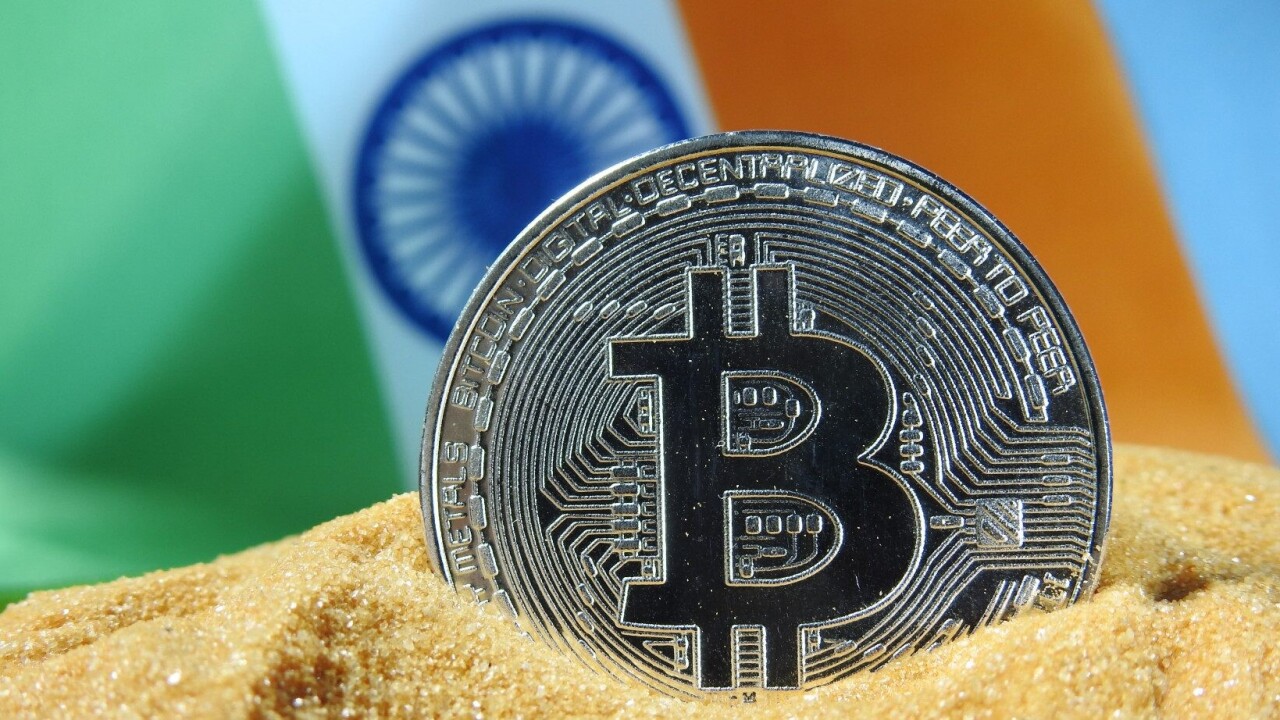India finally gave cryptocurrency and digital assets some recognition, although its proposal for a 30% tax on income from all virtual assets will upset many. This levy includes cryptocurrency exchanges, as well as NFT (Non-Fungible Token) trades.
This move comes after a lot of uncertainty around the legality of cryptocurrency trades and exchanges created by rumors of a blanket ban last year. However, Finance Minister Nirmala Sitharaman said that the government will present a new draft of the crypto bill soon, with an aim to regulate digital currency transactions.
While the draft hasn’t been tabled, India made two important announcements related to that in today’s union budget: a digital currency will be introduced by India’s central bank in the fiscal year 2022-23, and your income from digital assets trading will be taxed.
By introducing taxation, India has legitimized cryptocurrencies, and removed the fear of a ban on trading. This step will give confidence to global investors and exchanges to set up bases in India, and cater to a growing audience of more than 15 million cryptocurrency owners. Plus, companies building metaverse products might be attracted to utilize the millions of developers based in the country.
However, it’s also one of the first countries in the world to not allow any offsets occurred by losses in cryptocurrency trading, which will scare off some investors, but also create a marketplace for cautious trading.
Let’s take a look at how exactly this new regulation will work.
How will the new tax scheme work?
The taxation part is more important for common cryptocurrency traders. Here’s what it means for you (for simplicity, I’m sticking to Indian rupees as the currency unit):
You will be taxed 30% on your cryptocurrency trading income, and there will be no offset for losses when it comes to other means of income, such as money earned from trading stocks.
If you buy Coin A and Coin B both at ₹100, and sell them for ₹200 and ₹50, you will have to pay ₹15 as tax (based on 30% rate). But if both your coins sell for ₹50 each, you can’t claim any losses.
This will expectedly drive people to invest cautiously and stay away from volatile tokens. The new rule will be effective from April 1, 2023 for the assessment year 2023-24.

The government will also levy a 1% Tax Deducted at Source (TDS) on all cryptocurrency and digital asset transactions, when aggregating transactions exceed ₹10,000 (and ₹50,000 in some circumstances) per payer.
If you deposit ₹7,000 in an exchange, and your trade volume goes above ₹10,000 in a financial year, you’ll be taxed 1% of the total amount. However, the limit resets for your wallet/account in another exchange.
We are expecting cryptocurrency exchanges to spell out the details of how this will work exactly in the coming days, and we’ll update the story accordingly.
Challenges and future outlook
There’s still some uncertainty around how all of these transactions will be tracked and taxes calculated on the income. Plus, all cryptocurrency trading companies will have to implement the Know Your Customer (KYC) process in a way that government can trace the income of a person using different exchanges.
Nitin Sharma, the global blockchain lead at investment firm Antler, said there’s no clarity around how the government plans to regulate foreign exchanges such as Binance and Kraken. He added this new tax structure provides some legitimacy to the crypto ecosystem:
The new rules announced in the union budget might attract people who were afraid of investing in cryptocurrency because of the feature of a ban. Plus, it will weed out miscreants looking to use the market to avoid tax payments.
The biggest crypto exchanges in India, including WazirX, CoinDCX, and Coinswitch Kuber have reacted in a positive manner — mostly because there’s no fear of a blanket ban now.
In the global context, India’s crypto tax might offer a unique form of regulation. Some markets such as the US and the UK allow you to offset your crypto losses in overall capital tax gains. Mikel Ayala, chief growth officer at Atani, a multi-exchange cryptocurrency platform with tax reports, said most countries in the world have followed the traditional income tax structure and applied it to digital currencies:
Most countries apply a standard rate of capital gains on cryptocurrency incomes. Then there are crypto havens, such as Portugal and Dubai with no taxes. India might be one of the first countries not to allow any offsets.
The next steps for the government will involve bringing in regulation, and in a press conference today, Sitharaman said authorities are “collecting inputs” for it.
This will hopefully ensure there are no Fyre Festival for crypto projects in India.
Get the TNW newsletter
Get the most important tech news in your inbox each week.





